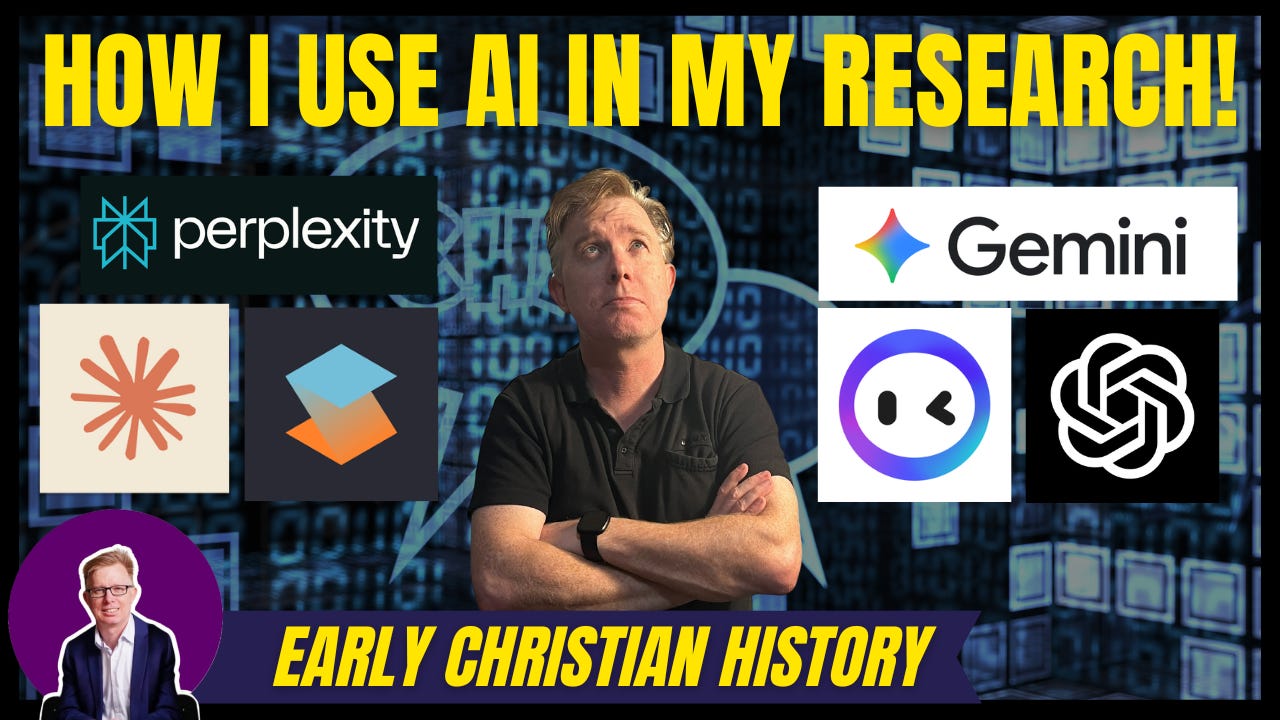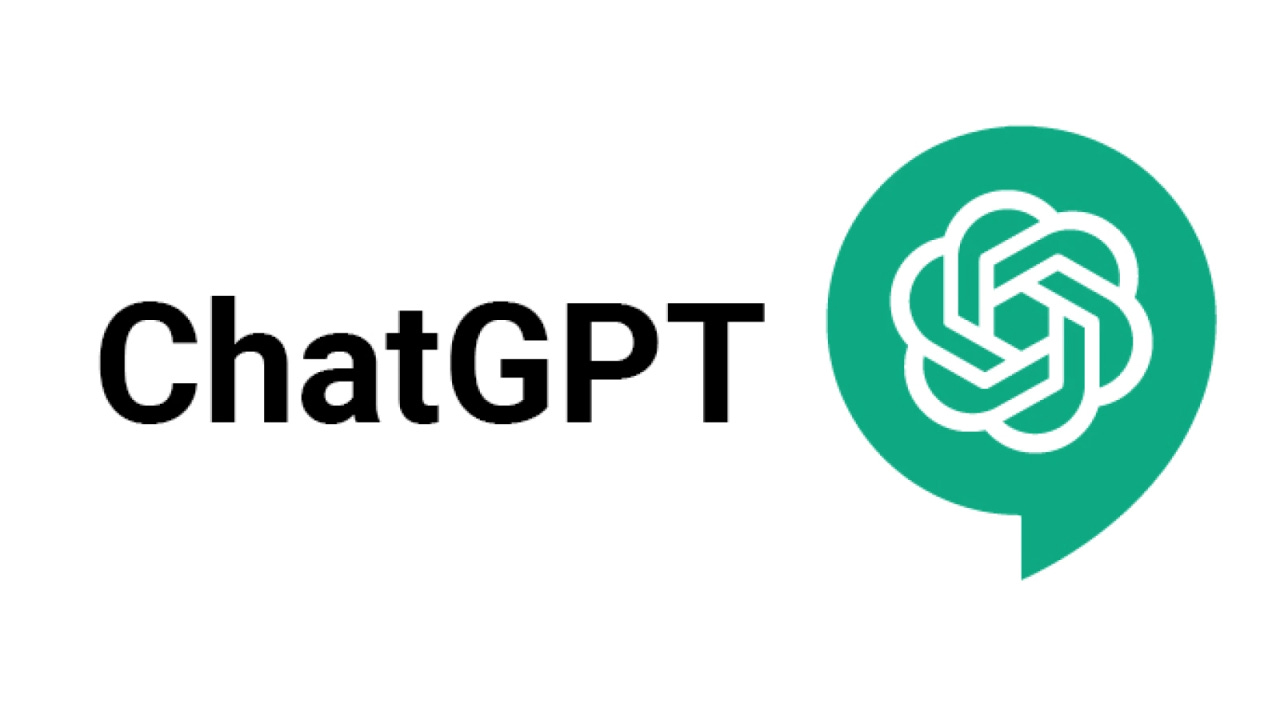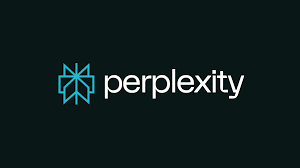How I Use AI in My Research and Content Creation - Part Two
A Deep Dive into AI for Academics and Researchers
I am continuing my series on using AI as a lecturer, researcher, and writer. This week its ChatGPT, Perplexity, and Claude.
ChatGPT from OpenAI is the spark that lit the fire of the AI revolution.
Oxford Uni recently purchased licenses for all of its faculty and students to have access to the paid version of ChatGPT.
When it first came out, I was amazed at what it could do, like, “Write me a policy about student usage of AI in assessments,” which was ironically very useful. But then I noticed how it could get stuff wrong and often made very strange blunders when it came to facts.
Clearly, ChatGPT is good at creative tasks, creating images for fun, editing documents, and debugging code.
Assessment: ChatGPT is already embedded in a lot of AI programs like Microsoft Co-Pilot, Siri, and apps like Monica. The free version of ChatGPT is sufficient for between 60-90% of your AI tasks. But what about those who want something next level or more bespoke? Well, that’s when you need to look elsewhere!
Perplexity AI stands out because it searches the live internet and not simply the internet up to 2023. Also, Perplexity gives you the sources on where it is getting its info, so you can double-check its claims.
Perplexity is now a big player in the AI world and is going from strength to strength. When Google was facing a potential break-up and was going to be forced to sell its web browser Chrome, Perplexity offered to buy it for 34B.
Perplexity has its own web browser called Comet and an app that is like a better version of Siri.
There is some great stuff here:
Live Web Search Integration: Unlike static AI models, Perplexity continuously accesses current web information to provide up-to-date answers. Plus, every response includes proper citations and references to original sources, ensuring transparency and verifiability
Breaking News & Current Events: Can provide information about events happening in real-time, not limited to training data cutoffs
Academic-Quality Responses: You can search in academic mode and do searches and tasks designed specifically for research tasks with scholarly rigor and comprehensive analysis (so a bit like SciSpace or Jenni AI)
Deep Contextual Understanding: Goes beyond surface-level responses to provide nuanced, contextual insights
Multi-Modal Capabilities: Can generate charts, images, PDFs, and interactive web applications as part of responses.
Models: Perplexity has its own model called “Sonar” but you can also access ChatGPT and Claude models when you have a paid subscription.
Incognito Mode: You can search stuff like “Birthday Gifts for my Wife” or “How to Prank My Boss with Yoghurt?” and Perplexity will wipe your search in 24 hrs.
Deep Research: Its Deep Research can interrogate sources and get back to you in 2-10 minutes with a profound analysis of some things
Document Generation: Can create PDFs, markdown files, and other professional document formats
There is also a free version for Educators. If you can get it, GET IT. I applied and got rejected for some reason. Typical anti-redhead discrimination!
I used Perplexity to help me do a search on “Can Daniel Andrews be Tried for Treason?” because our former state premier attended the Chinese military parade as a guest and participated in a CCP propaganda operation. Sadly, the answer was “No.” I also used it for some research on the Abercius Inscription which it performed moderately well, but not entirely accurately. That said, it’s Deep Research capabilities really did help me out on advice on improving my YouTube channel. Also, I’ve been using it to create a Bible studies App called “Tertius” and the first draft was okay. Still needs a lot of work, but shows that it is possible.
Assessment: Perplexity has to be a finalist in the quest for an AI tool. Its access to real-time info on the net and its citation of sources is a must-have tool. Furthermore, it does a lot of things really well: news, Siri-level help, text and image generation, useful for academics too. At least use the free version and download the app.
And then there’s Claude! (Does anyone remember the 1980s TV show “Maude” with the opening line of the theme song, “And then there’s Maude”? Good memories!).
I have always loved Claude. If ChatGPT is Denny’s then Claude is Ruth’s Chris Steakhouse.
What does Claude do well?
Conversational Intelligence: Claude can engage in nuanced, contextual conversations across a wide range of topics, maintaining coherent dialogue while adapting communication style to match the conversation’s needs.
Analysis and Reasoning: Claude can break down complex problems, analyze information critically, and provide structured reasoning. It is great at reading data and tell you what it means.
Content Creation: Claude can write various types of content - from technical documentation to creative writing - and create interactive artifacts like code, visualizations, and documents that you can use and modify.
Code and Technical Work: Claude can write, debug, and explain code in multiple programming languages, create web applications, and help with technical problem-solving.
Projects and Artefacts: Claude has “projects” where you can house various documents to create a research portfolio to help you with various tasks. Claude also generates “artefacts,” which are the documents and results that your work with it creates.
I’ve been using Claude's “Projects” to help with my research on the Roman Empire in the Third Century. It helped me improve my writing when I was composing some more narrative-style sections. It produced some great results when I was doing a deep dive into Origen as it pointed me in some helpful directions.
In big news, Claude has just released Sonnet 4.5 which is even better at coding, able to integrate better with other apps which means you can automate more things in your workflow. Also, Claude is preparing to bring out a plugin to Chrome, kind of like Monica, so you can use it inside your web browser.
Assessment: I’ve found Claude peerless in terms of research and writing tasks, I mean, top-notch stuff. Great for coding and interrogating documents. Claude is a contender!
Other AI Platforms
There are other AI platforms out there which I have not surveyed.
Llama is from Meta and is embedded in Facebook and Instagram. Grok is AI for X users. Jenni AI and PaperPal are also good for academics, but I haven’t tried them out. Deep Seek is AI for people who are supportive of the Chinese Communist Party.
Look at them in your own time if you like.
Next week, I’ll give my final verdict on which AI platform I chose. Stay tuned for that!






The Gospel Coalition recently released an AI Christian Benchmark where they compared how 7 LLMs performed theological questions. Surprisingly, DeepSeek performed the most consistently well! https://www.thegospelcoalition.org/ai-christian-benchmark/
Thanks! I applied for Perplexity Pro for Education and was granted it immediately. Perhaps it's a grey hair thing.